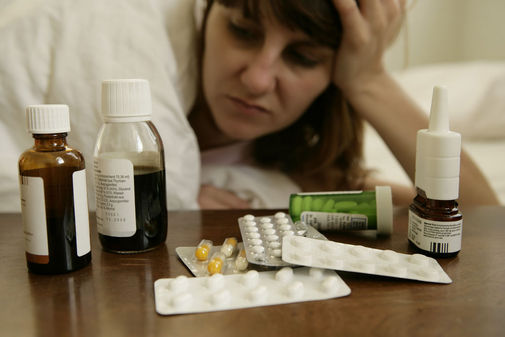Discouraging stress for health

Discouraging stress for health will give you the freedom you need
Discouraging stress for health: Stress risk and anxiety
It is only by discouraging stress from our daily lives that we can begin to say that we are moving towards the right direction of living a healthy life. The effects of addictions stress risk, depression, and anxiety in relation to substance abuse and we were able to look at certain health conditions including, cancer, heart diseases, stroke and the effect of these problems on immunity. From the various studies conducted so far, it has been established that stress is a very long bridge that connects the body to various illnesses. Without leaving any stone unturned, we want to progress on that discussion sighting the dangers of stress and anxiety in addition. Our focus is going to be on the following health conditions:
- Gastrointestinal Problems
- Eating and Stress
- Diabetes
- Pain
- Sleep Disturbances
- Sexual and Reproductive Dysfunction
- Memory, Concentration, and Learning
These are not conditions that anyone would wish to associate with more so when the individual is also struggling with drug addiction of any level. I know that a lot is being done to salvage the situation and the prevalence of addiction, but even as those efforts are being made, what are your individual contribution to those efforts? If you put substance abuse aside for a while you realize that these listed health conditions are not friendly to humanity yet they are much more resonated by stress, depression, anxiety and drug addiction. On our part as professionals from AWAREmed Health and Wellness Resource Center under the able leadership of doctor Dalal Akoury, we are working with like-minded people in this fight against the scourge of addiction. We would wish that if we are to win this fight, then we all need to pool together and join forces to deliver the much-needed victory to ourselves, families and the society. Therefore if you are struggling with any of the conditions named, you may want to start the journey by scheduling an appointment with doctor Dalal Akoury today for the commencement of your recovery.
Addictions stress risk and anxiety: Gastrointestinal problem
The brain and intestines are closely related and are controlled by many of the same hormones and parts of the nervous system. Indeed, some research suggests that the gut itself has features of a primitive brain. It is not surprising then that prolonged stress can disrupt the digestive system, irritating the large intestine and causing diarrhea, constipation, cramping, and bloating. Excessive production of digestive acids in the stomach may cause a painful burning.
Irritable Bowel Syndrome – Irritable bowel syndrome (or spastic colon) is strongly related to stress. With this condition, the large intestine becomes irritated, and its muscular contractions are spastic rather than smooth and wave-like. The abdomen is bloated, and the patient experiences cramping and alternating periods of constipation and diarrhea. Sleep disturbances due to stress can make irritable bowel syndrome even worse.
Peptic Ulcers – It is now well established that most peptic ulcers are caused by H. pylori bacteria or the use of non-steroidal anti-inflammatory (NSAID) medications (such as aspirin and ibuprofen). Nevertheless, studies still suggest that stress may predispose a person with H. pylori to ulcers.
Inflammatory Bowel Disease – Although stress is not a cause of inflammatory bowel disease (Crohn’s disease or ulcerative colitis), there are reports of an association between stress and symptom flare-ups.
Addictions stress risk and anxiety: Discouraging the association of stress and addiction
http://regenerativepotential.com/wp-admin







